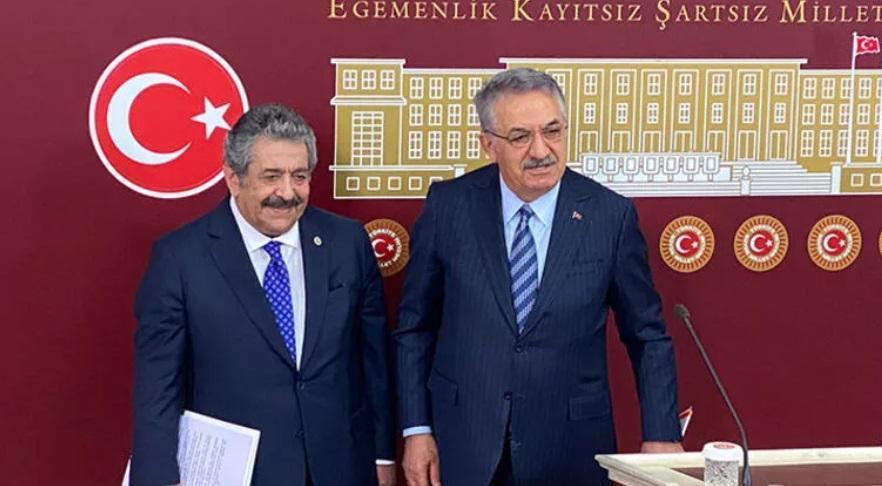
The ruling Justice and Development Party (AKP) and its main ally, Nationalist Movement Party (MHP), have submitted a draft law to the parliament to decrease the election threshold from the current 10 percent to 7 percent.
The 15-article draft law was introduced to the parliament on March 14 by the AKP and the MHP officials. The new electoral law can be applied in the next parliamentary elections slated for June 2023.
“We are proposing to reduce the threshold to 7 percent,” deputy AKP leader Hayati Yazıcı told a press conference at the parliament. Deputy leader of the MHP Feti Yıldız added, “With this proposal, we are aiming to increase the quality of the parliamentary representation of the political parties.” Turkey had been imposing 10 percent electoral threshold since the early 1980s.
As a result of the executive-presidential system, the governing and opposition parties have formed alliances to win the presidential race, which requires at least 50 percent of votes. They also hope to increase their seats at the parliament through the alliances. Under the current picture, the AKP and the MHP, as well as the Great Union Party (BBP), make up the People’s Alliance, while four oppositional parties, namely the Republican People Party (CHP), the İYİ (Good) Party, the Democrat Party and the Felicity Party, comprise the Nation Alliance.
The recently founded Democracy and Progress Party (DEVA) and the Future Party are also acting with the Nation Alliance.
Feti Yıldız explained that the political parties within the alliances should pass the national threshold to be represented at the parliament, according to their proposal. “A party should first pass the national threshold with an alliance, but gaining seats at the parliament is up to its own vote,” he said, stressing this change will avoid injustices faced in the past elections.
HH ‘No early elections’
On a question, Yıldız said this amendment can only be applied in elections to be held one year after the parliament approves the change in the election law. “Thus, debates about early elections have been ended,” he said.
Turkey will go to the polls in June 2023 and will both elect the president and 600-member parliament. The opposition has long been pushing the government to go to early polls due to growing economic problems which saw more than 50 percent inflation in the past 12 months and deterioration in the national currency.
Another important article of the draft law reshapes the criteria for the political parties to run in the parliamentary polls. The proposal no longer allows a political party with a group of at least 20 lawmakers in the parliament to run in the elections. This aims to prevent the political parties from transferring lawmakers just to be eligible to run in the elections. In June 2018 elections, the CHP transferred 15 lawmakers to the İYİ Party, which had only five deputies at the parliament, so that the latter could race in the polls.